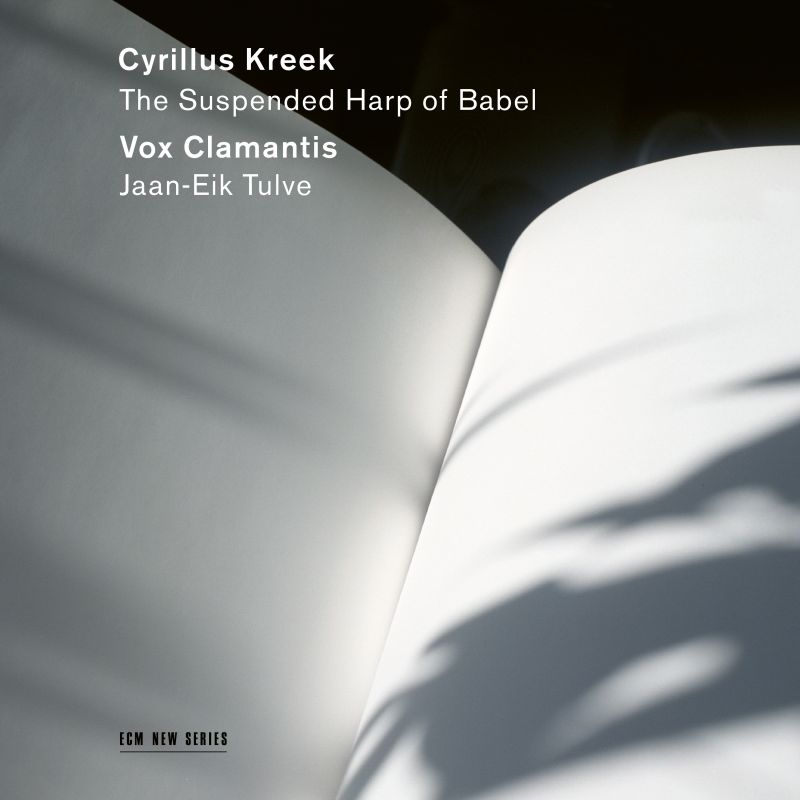
ESSENTIAL RECORDINGS

The Sun Shall Not Smite Thee (Psalm 121) Whilst Great Is Our Poverty Jacob's Dream Opening Prayers Proemial Psalm (Psalm 104) From Heaven Above To Earth I Come Bless The Lord, My Soul (Psalm 104) Praise The Name Of The Lord (Psalm 135/136) Do The Birds Worry? Lord, I Cry Unto Thee (Psalm 141) He, Who Lets God Prevail By The Rivers Of Babylon (Psalm 137) O, Jesus, Thy Pain
It doesn't seem so long ago, when I was a kid growing up in a more churchgoing or devout environment, that the music which accompanied the liturgy of the Mass, the evening vespers and the funerals, was always sung in Latin and quite often based on Gregorian Chant. It was generally simple and reserved, but lent the proceedings a certain degree of reverance, mystery, awe and veneration. The music of Estonian composer Cyrillus Kreek (1889-1962), in its blend of orthodox chant and Estonian folk music elements, stimulates the aural nerve with the same sense of mystery that transcends time. He and Heino Eller, who was Arvo Pärt's teacher, both studied at the St Petersburg Conservatory. Kreek's music resembles the music of Arvo Pärt to a certain extent, but without the minimalist technique's favored by Pärt. The notes point out that it emphasizes simplicity, clarity, and the natural quality of the human voice. One could say in a way similar to some of the medieval composers like Pérotin, Dufay and Machaut for example, but with a 20th century soundscape.
The Estonian vocal ensemble Vox Clamantis under the direction of Jaan-Eik Tulve do this music full justice. They seem to relish and luxuriate in the distant harmonies the layers of this music explore and lay bare. This choir was established by Tulve in 1996, and have sinced performed music spanning from the Middle Ages to modern composers like Arvo Pärt. Most of their work is a cappella but a few of the tracks on this new recording include an instrumental base comprised of two nyckelharpas played by Marco and Angela Ambrosini, an instrument that resembles the medieval hurdy-gurdy but uses a bow against the strings instead of a wheel, and a kannel, the Estonian version of a zither, played by Anna-Liisa Eller. This instrumental continuo adds an ethereal quality to the overall sound, and reinforces its 'ancient' character. Recommended for those who seek a spiritual and meditative perspective.
Jean-Yves Duperron - May 2020